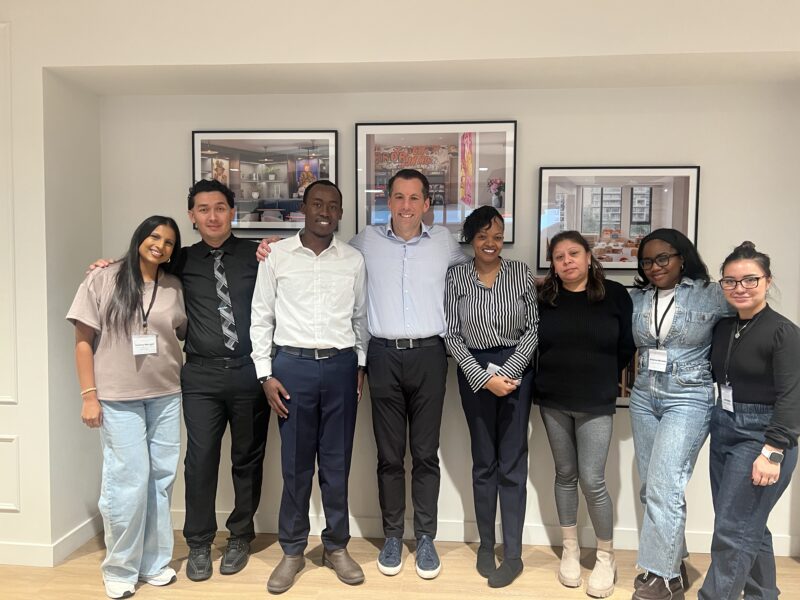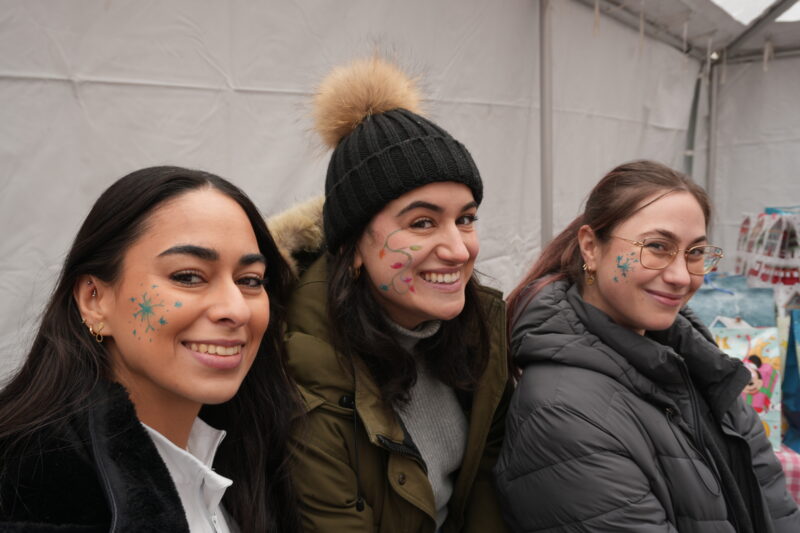Growing up as a Black woman is a journey marked by unique challenges and strengths, shaped by both personal experiences and the broader societal context. From early encounters with stereotypes to the enduring pride in a rich cultural heritage, the path to self-discovery is intertwined with the resilience and fortitude inherited from generations past. This narrative explores the multifaceted nature of being a Black woman, particularly through the lens of Ethiopian heritage, and the ongoing fight for equality in a world that often marginalizes Black voices.
In this article, Etsub delves into personal reflections on identity, inspiration, and the impact of racism, while also sharing hopes for the future and the importance of honoring Black histories. Through these experiences, she aims to provide a deeper understanding of what it means to navigate life as a Black woman, and the unyielding commitment to justice and empowerment that drives this journey.

- The Self: Experiences of Growing Up as a Black Woman
Growing up as a Black woman comes with a unique set of challenges and strengths. From an early age, I became aware of societal expectations and stereotypes, but I also learned to appreciate the beauty and resilience that come from my heritage. This duality shaped my identity, instilling in me a sense of pride in my culture while also preparing me to navigate the complexities of a world that often marginalizes Black women.
Being from Ethiopia, a country that has never been colonized, adds another layer to my identity. We are incredibly proud of this history, especially the victory of our ancestors in the Battle of Adwa, where they defeated the Italians to maintain our independence. This success is a source of immense pride, reminding us of the strength and resilience passed down through generations, allowing us to live in freedom. However, despite this remarkable history, I have found that I am still treated the same as others because of the color of my skin. This experience highlights the enduring challenges of racism and the importance of continuing the fight for equality and justice, not just for myself, but for all Black individuals.
- Inspirational Black Figure
One of the most inspirational figures in my life is Oprah Winfrey, who has been a beacon of strength and resilience. Oprah’s journey from a challenging childhood to becoming one of the most influential media moguls in the world is a testament to her resilience, determination, and vision. She has broken barriers in the media industry, created platforms for underrepresented voices, and used her influence to promote education, philanthropy, and self-improvement. Her story is an inspiration to many, demonstrating the power of perseverance, self-belief, and using one’s success to uplift others. Oprah embodies the courage to stand up against adversity and the grace to carry forward the fight for justice. Her work continues to inspire me to push for equity and to use my voice for change.
- Being in a New Country and Society
Moving to a new country as a Black woman from Ethiopia brings a unique mix of excitement and challenges. Coming from a country with such a proud history of never being colonized, I carried a deep sense of identity and pride with me. However, in the context of immigration, I faced the struggle of adapting to a different culture while maintaining this strong sense of my Ethiopian heritage. In schooling and work environments, I often had to prove my worth twice over to be recognized, despite the rich legacy I come from. These experiences, though difficult, have taught me resilience and the importance of finding community and solidarity among other immigrants and Black individuals. It’s within these communities that I’ve found strength and a sense of belonging, allowing me to navigate the complexities of a society that often overlooks the significance of my background and identity.
- Hopes for the Future: Connecting with Others
My hopes for the future revolve around building stronger connections within the Black community and with allies to continue the struggle for human rights. I aspire to create networks that empower Black individuals, especially women, to succeed in various aspects of life, whether in education, the workforce, or activism. These connections are crucial in sustaining the momentum of the fight for equality and justice.
- Experience with Anti-Black Racism in Toronto
During a recent experience at a public event, my friends and I attended the final game between Argentina and Colombia and had secured seats at the front, where we had already ordered food. A staff member approached us and demanded that we move, which we politely declined. In response, she removed the table from our area, which we found very disrespectful. Furthermore, she made an offensive comment, indicating that she did not want us there. As Black individuals, we found this behavior deeply troubling and discriminatory. This incident highlighted the ongoing issue of racism that many Black people face in public spaces. It was a painful reminder that despite progress, there are still individuals who view us through a prejudiced lens, which underscores the importance of continuing the fight against racism in all its forms. These experiences not only affect our sense of belonging but also reinforce the necessity of standing up against injustice whenever it occurs.
- Reaction to Racism and Its Impact
At the time of the incident at the game, I was so shocked that I didn’t know how to react in the moment, so I just left the place. However, after leaving, the anger and frustration set in. I decided to take action by writing every bad review I could for that place and reporting them to the Bureau of Justice. This incident reinforced my belief in the importance of holding individuals and institutions accountable for their discriminatory actions. It also served as a reminder that while these experiences can be deeply hurtful, they can also fuel the fight for change.
My reactions to racism have evolved over time. Initially, I might have stayed silent, unsure of how to respond. But with experience, I’ve learned the power of speaking out, whether it’s through direct confrontation or educating others. These events have shaped me into a more outspoken advocate for justice, solidifying my commitment to fighting for a world free of discrimination.
- Message to Others: Why Black Histories Matter
It is crucial to continue talking about the abolition of slavery and understanding Black histories of emancipation and resistance because these stories are the foundation of our struggle for equality. They remind us of the strength and resilience of our ancestors and the ongoing nature of our fight for justice. My message to others is to never forget these histories, as they inform our present and guide our future actions. We must continue to educate ourselves and others, ensuring that the legacies of those who fought before us are honored and carried forward.
This approach addresses each question thoughtfully, providing a cohesive narrative that reflects the complexity of the Black experience, particularly as a Black woman navigating various societal spaces.


